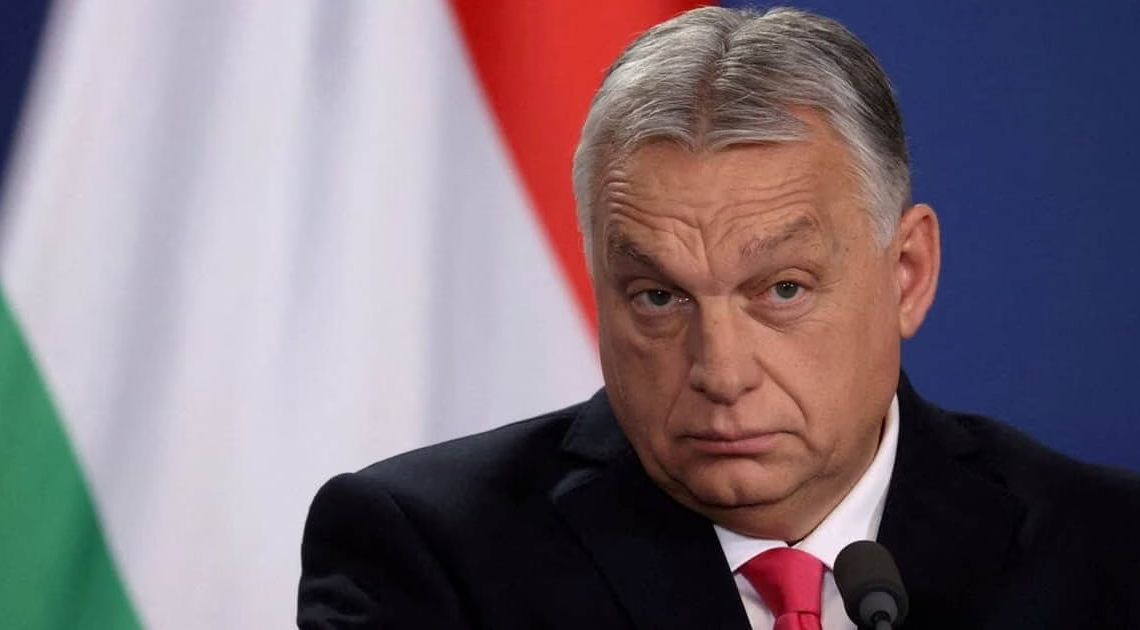On 27 May, EU ministers met in Brussels to discuss Hungary. The General Affairs Council drew particular attention amid expectations that Viktor Orbán’s regime might be sanctioned for backsliding on European values and democratic standards.
However, no such breakthrough occurred.
Read more about how the EU could punish Hungary and why the process is so complex in the article by Tetiana Vysotska, European Pravda’s correspondent in Brussels: Tired of Hungary: how Orbán escaped EU sanctions and why the chances of his punishment are growing.
The EU has a mechanism that could strip Orbán’s government of its voting rights in the EU, effectively ending a pattern seen in recent years: Hungary using its veto power early in discussions on key EU initiatives (including those related to Ukraine) to bargain for concessions or EU budget funds in exchange for lifting the blockade. This tactic works only in areas requiring unanimity – mainly foreign policy.
Article 7 of the Treaty on European Union allows for suspending certain rights of a member state, including voting rights, if it seriously and persistently breaches the Union’s core values.
Hungary’s violations of these values are well-documented, but the punishment mechanism is far from automatic.
Article 7 outlines a multi-step process. The first step is a formal warning.
That process was initiated back on 12 September 2018, by the European Parliament.
This stage doesn’t require unanimity – just the support of 21 out of 27 member states.
Yet in the past seven years, the EU Council has failed to even pass this warning.
And even today, there still aren’t enough votes against Hungary.
The issue isn’t necessarily a desire to protect Orbán. Rather, some governments fear setting a precedent that might later be used against them.
Still, the tide is turning and not in Hungary’s favour.
Just ahead of the latest ministers’ meeting, the Netherlands initiated an EU declaration condemning new anti-LGBT+ measures in Hungary.
Within a day, 20 EU countries had signed the declaration – nearly enough to issue a formal warning under Article 7(1).
Only six countries, apart from Hungary itself, refused to sign: Bulgaria, Italy, Poland, Romania, Slovakia and Croatia. But even among them, some – like Poland and Romania – could eventually support sanctions.
For example, in Poland, the presidential runoff is happening this Sunday, and the government likely wants to avoid polarising LGBT+ topics during the campaign….
Click Here to Read the Full Original Article at Ukrainska Pravda…

